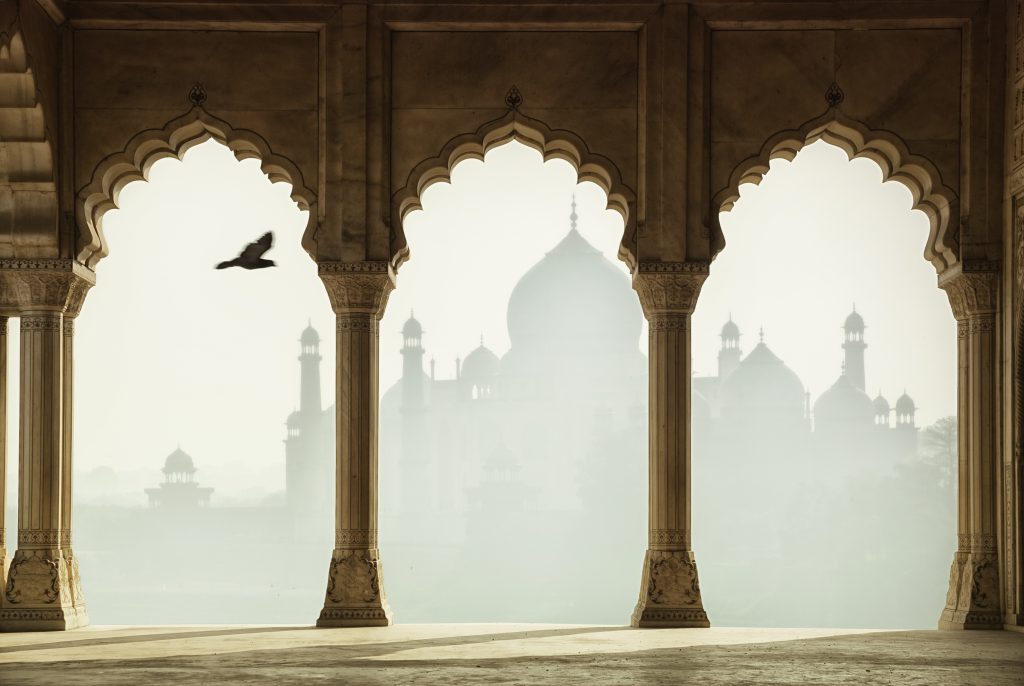This website uses cookies so that we can provide you with the best user experience possible. Cookie information is stored in your browser and performs functions such as recognising you when you return to our website and helping our team to understand which sections of the website you find most interesting and useful.
Diageo sells off chunk of low performing brands in India
Drinks giant Diageo reinforces its profitability in the crucial Indian market by selling-off 32 low-margin, locally produced brands to Inbrew Beverages.

Inbrew will pay just over US$100 million for the portfolio which includes brands such as Haywards, Old Tavern, White-Mischief, Honey Bee, Green Label and Romanov.
Importantly, the sale specifically excludes the McDowell’s and Director’s Special labels, which lead the market for Indian-produced spirits. They will be retained by United Spirits (USL), the Diageo-controlled subsidiary on the sub-continent.
USL and Inbrew have also agreed a five-year franchise arrangement for 11 other brands, including Bagpiper. At the end of that period Inbrew has a right to convert the fixed-term franchise arrangement into an indefinite option to acquire the brands at a pre-agreed price.
In the period since it took control of USL in 2012/14, Diageo has consistently said that it would overhaul its portfolio of locally-produced Indian brands as there were many areas of overlap generating extra costs and downward pressure on slim margins from “Popular” [commodity] lines.
At the end of last year, Diageo’s chief executive Ivan Menezes told analysts that he was playing the “long-game” in India where 100 million people are predicted to enter the market for alcohol over the next five years, making it one of the most attractive globally.
India is one of the fastest-growing alcoholic beverages markets, with an estimated market size of US$52.5 billion in 2020. That was predicted to expand at a compound annual growth rate 6.8% between 2020 and 2023, according to the Indian Council for Research on International Economic Relations.
Other measures suggest that it will grow at an annual rate 7.8% to the end of 2027, although all are subject to revision due to the global recession and the effects of the war in Ukraine. Even so, India’s economy is expected to expand by 8.8% this year.
McKinsey predicts that by the end of the present decade, India will have the third largest number of high-income people globally and that in the Premium-plus category and above demand will grow at twice the forecast rate for the overall market as consumers move to premium drinks with higher price points and wider margins.
Menezes sees India as a vital component in his drive to increase Diageo’s slice of the total beverage alcohol market from 4% today to 6% by 2030, especially as the group will continue its successful drive to move customers up the quality ladder to international spirits in which Diageo is already the market leader.
No other nation drinks as much whiskey as India but each bottle of imported Scotch carries the 150% tariff levied on imported spirits so today Scotch accounts for just 2% of the market.
But there are hopes that a proposed trade pact between Britain and India will see the tariff greatly reduced. The Scotch Whisky Association says exports could rise by £1 billion in value over five years if the tariff was abolished.
The very size and potential of the Indian market makes it a battlefield, especially as it is fragmented by each state having its own licensing laws (some are dry) and local tax regime.
For instance, Alexandre Ricard, Pernod Ricard’s chairman and chief executive, says India is one of his “must win” markets as part of his “Transform and Accelerate” strategy for the French group as he strives for his long-term ambition to close the gap with Diageo and perhaps one day to take over the global top spot.
In the same vein Bacardi’s managing director in India, Sanjit Singh Randhawa, said in an interview last week that his target is to increase sales five-fold over the next 10 years.
Hina Nagarajan, managing director USL, commented: “The transaction [with Inbrew] reflects the continued evolution of the management of the Popular portfolio since 2016, when the company moved to a franchise model in many [Indian] states to enable a sharpened focus on ‘Prestige & Above’.
“This is a significant move to reshape our portfolio in service of our publicly stated mission to deliver sustained double digit profitable top-line growth,” he said.
USL suffered a 12.14% fall in consolidated net profit for the quarter to the end of March as margins were hit by rising inflation. However, its revenue from operations rose by 1.16% over the same period in 2021.
“The group’s gross margin fell by 220 basis points to 41.7% due to inflation but this was partly offset by favourable product mix and productivity savings,” USL said in an earnings statement.
Over the next three years Menezes expects Diageo to grow its net organic sales each year by between 5% and 7% and to expand organic operating profit by between 6% and 9%. The sale of the low margin USL portfolio to Inbrew is part of that strategy.
Ravi Deol, chairman of Inbrew, said of the deal to buy the portfolio: “The acquisition of these iconic brands provides Inbrew with a unique platform to extend its ambition of becoming India’s trusted household beverage company…
“Inbrew will revitalise these brands through expanded distribution, innovation and investments. After the acquisition of Molson Coors’ beer business last year, we will now participate in the mainstream spirits category, making Inbrew India’s diverse AlcoBev player.”

